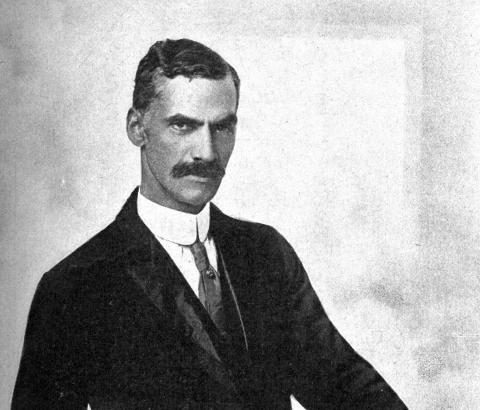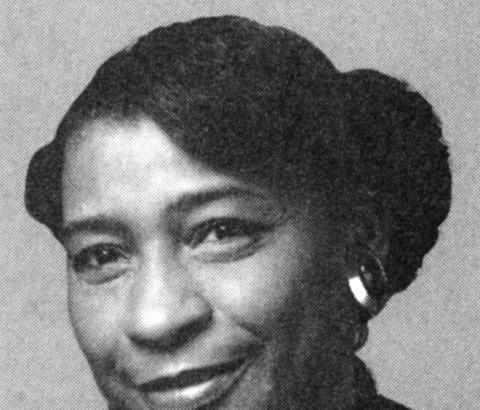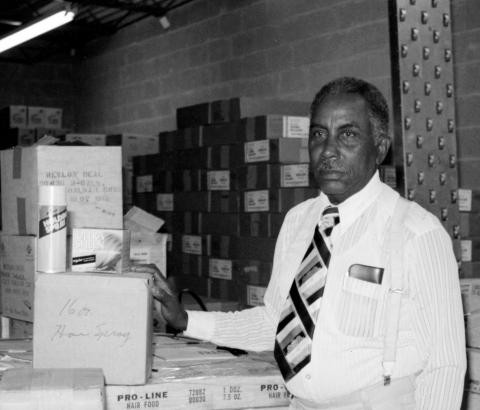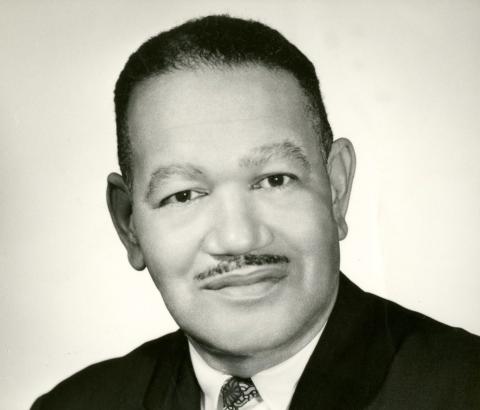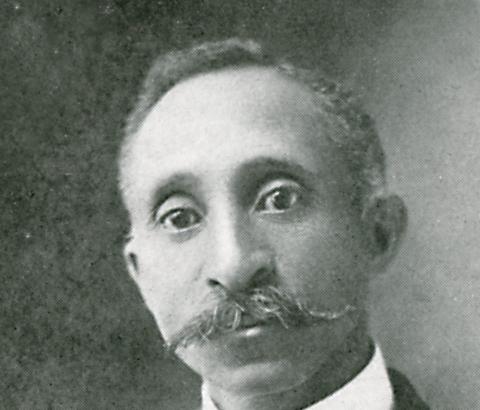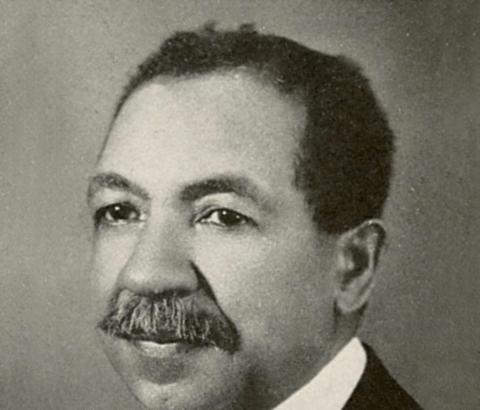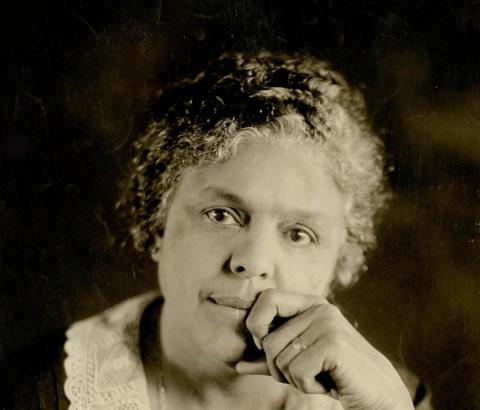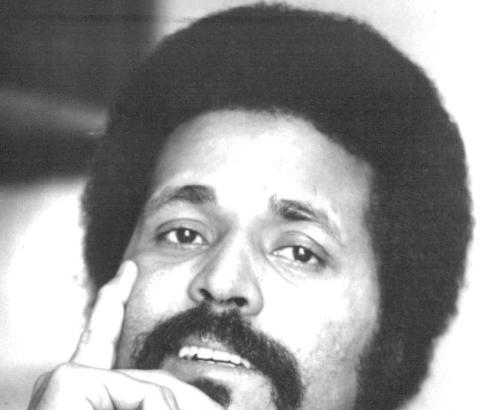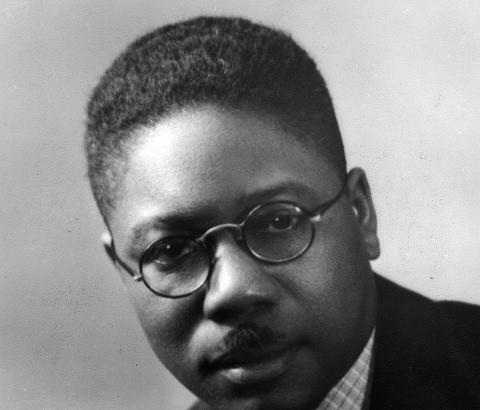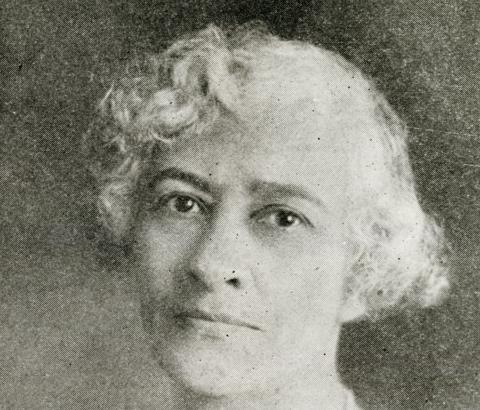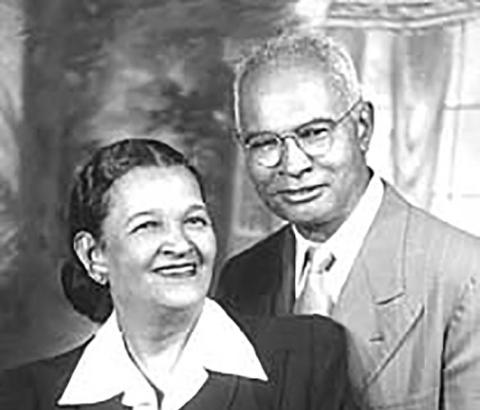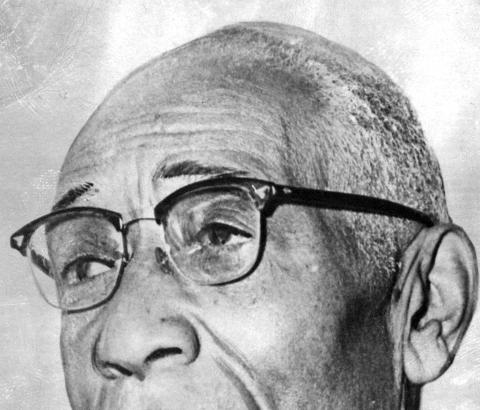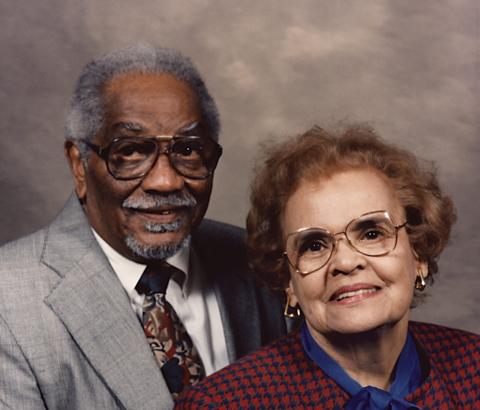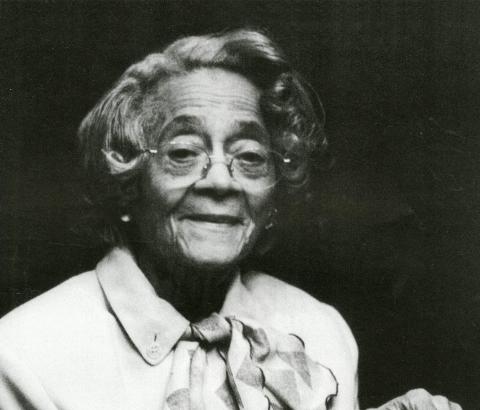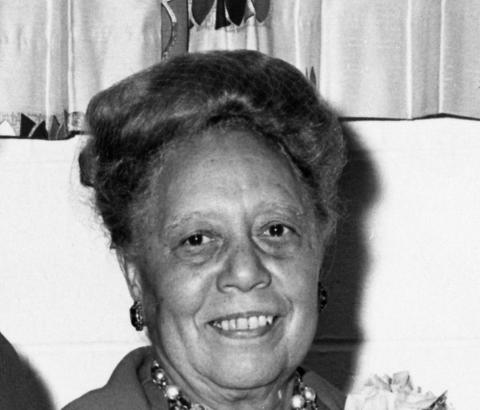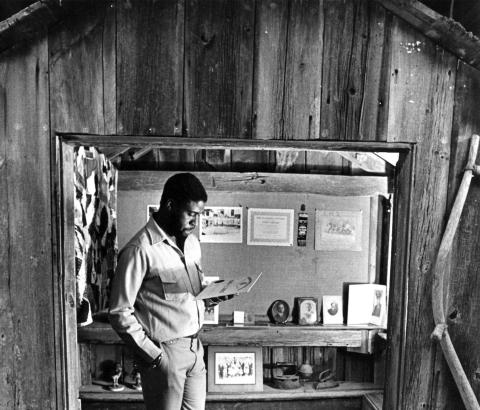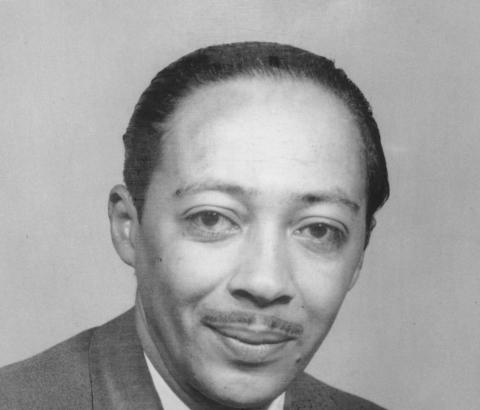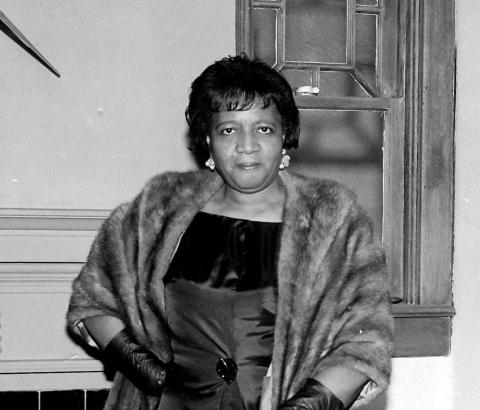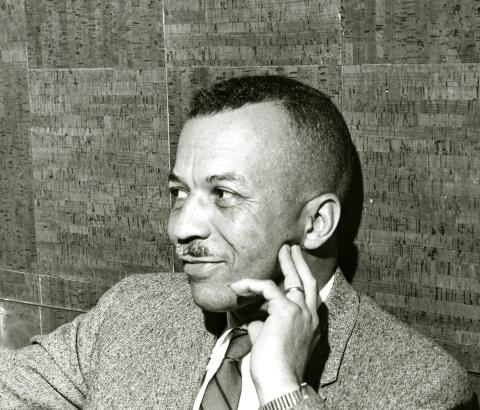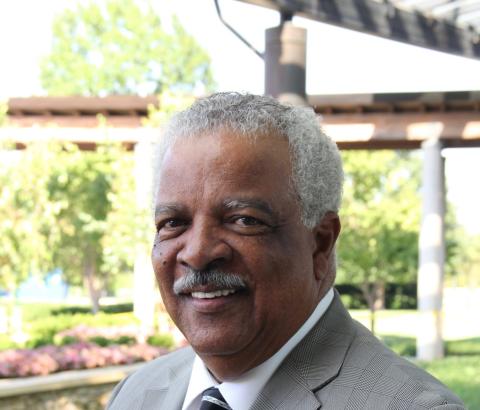The son of former slaves, Samuel W. Bacote in 1895 became pastor of Second Baptist Church, one of Kansas City’s oldest and largest African American congregations.
Articles
For more than two decades in the Missouri State Legislature as a Democratic representative, Mary Groves Bland was an advocate for the rights of minorities and a champion of equality and social justice.
One of Kansas City’s best-known Black businessmen, G. Lawrence Blankinship Sr. was born in Lake Charles, Louisiana, in 1913 and moved to Kansas City as a teenager.
Longtime teacher and administrator Girard T. Bryant was the first African American to serve as president of Penn Valley Community College in Kansas City, Missouri.
Richard Thomas Coles was an educator who focused on teaching manual arts — practical, job-related skills — to his students. He was born in Pittsburgh, Pennsylvania, in 1859 to parents who instilled the value of education.
Hugh O. Cook, one of the longest-serving principals of Lincoln High School in Kansas City, Missouri, was born in Washington, D.C., graduated from Cornell University, and taught at Normal A&M College in Huntsville, Alabama.
Crosthwaite was one of the first African American social workers in Kansas City and spent decades working to improve health care for the local Black community.
NEW!
Longtime Missouri legislator and political activist Phil Curls Sr. worked tirelessly to bring positive change to the lives of his Black constituents.
Known as the “Father of African American Arts,” Aaron Douglas was born in Topeka, Kansas, and developed an interest in drawing and painting at an early age.
NEW!
Educator, social worker, and suffragist Myrtle Foster Cook devoted her life to enhancing the political and economic lives of African Americans, particularly Black women and girls.
By the time Chester Franklin arrived in Kansas City in 1913, he was well experienced in the newspaper business.
Holmes was the pastor at Paseo Baptist Church for 46 years and used his role in the community to advocate for better conditions for local African Americans.
Herman and Dorothy Johnson achieved success in numerous endeavors while contributing to institutions and causes that strengthened the social and economic interests of the African American community.
Gertrude Keith worked for many years to ensure that Kansas City’s disadvantaged residents had access to safe and affordable housing.
As the founder and operator of Mrs. Meek’s Mortuary — recognizable for its pink limousines and building facade — Fannie L. Meek was a trailblazer, one of the few women of her time to go into the funeral business.
Peterson was born in Tulsa, Oklahoma, and as a child moved with his family to Kansas City, Missouri. He graduated from Central High School in 1964 and attended Arkansas A&M College in Pine Bluff, Arkansas.
John F. Ramos set two important precedents in Kansas City — he was the first African American to become a board-certified radiologist (in 1950) and the first to take a seat on the Kansas City School Board (in 1964).
Born in Texas, Cloteele T. Raspberry moved to Kansas City at a young age and became a fashion designer and mentor to young women interested in the profession.
NEW!
Dr. Samuel U. Rodgers dedicated his life to providing health care to those who needed it most.
Described as barreling through life blind to failure, Bailus M. Tate Jr. worked his way up from shoveling coal in the basement of Kansas City Power and Light, retiring 33 years later as the utility giant’s vice president of human resources.

